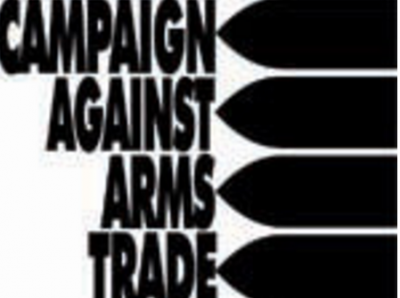UK Trains or Arms Half the Countries on Its List of Human Rights Abusers

New research has shown the U.K. is providing military training and support to over half the countries named on its own watchlist of human rights abusers. An investigation by Campaign Against Arms Trade (CAAT) and The Independent has revealed U.K. armed forces have trained security and armed forces personnel from 16 of 30 regimes who are on a Foreign Office (FCO) watch list for use of torture and violence.
The FCO publishes an annual report on Human Rights and Democracy that lists countries of “wide-ranging concern.” While it is no secret the interests of the military-industrial complex come before human rights, information obtained from the Ministry of Defence could arguably be satire if it weren’t so appalling. The discovery that British soldiers have trained armed forces in over half the countries on its own human rights watchlist warrants an even slower hand clap than Tony Blair’s admission, weeks ahead of the Chilcot Inquiry, that his understanding of the Middle East “is a lot deeper today” than when he was Prime Minister.
Further, evidence of the U.Kgovernment’s support for violations of international humanitarian law by Saudi forces in Yemen came to light through a British-made cluster bomb found in a Yemeni village. Despite the use of cluster bombs being banned under the Convention on Cluster Munitions (to which the U.K. is a State Party) the unexploded munition was discovered by Amnesty International during the inspection of a village in northern Yemen.
Originally manufactured in the 1970s, the weapon contains 147 “bomblets” that scatter across a wide area and often do not detonate until disturbed at a later date.
The U.K. is thought to have sold large numbers of cluster munitions to Saudi Arabia and the United Arab Emirates (UAE) since the 1980s. Even if the weapons were sold before Britain became a signatory to the Convention, Britain should take responsibility for weapons previously supplied. Better still, the country should honour its claim to have one of the most robust arms export controls in the world — and at least attempt to rein in the industry profiting from death and destruction all over the world.

